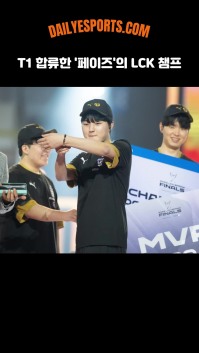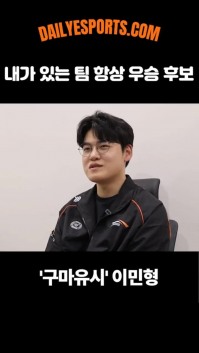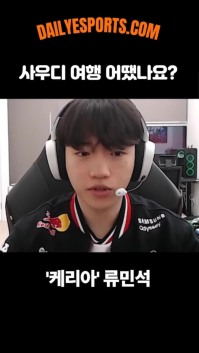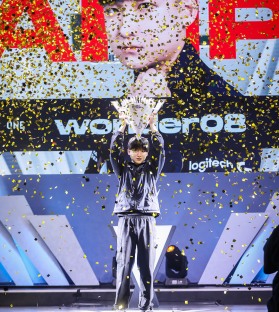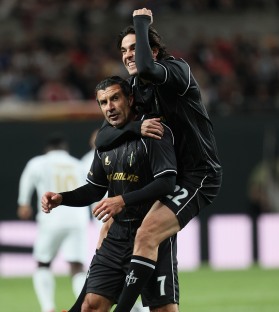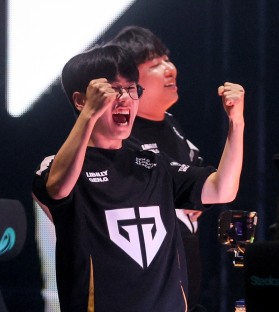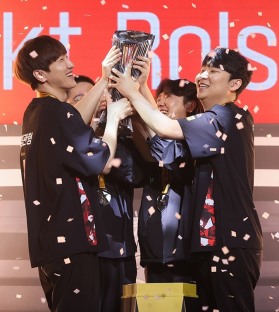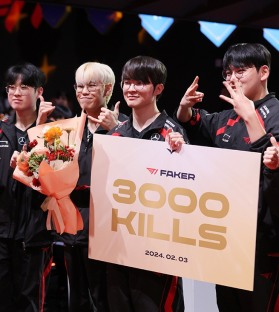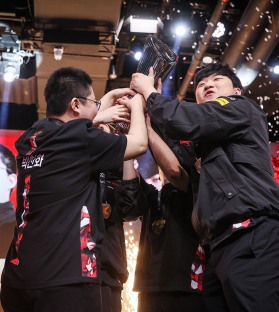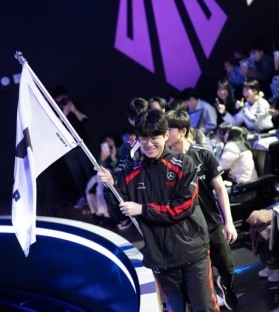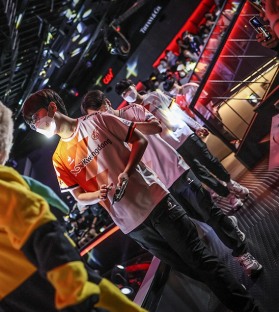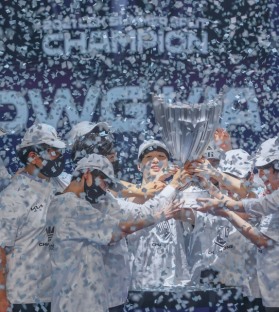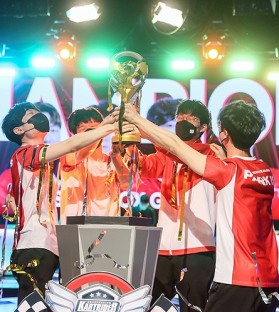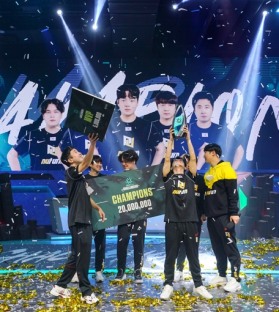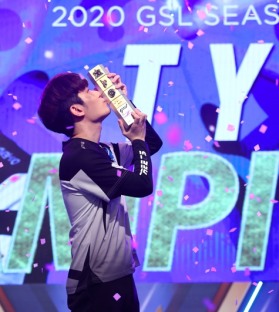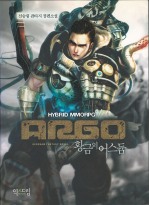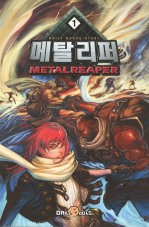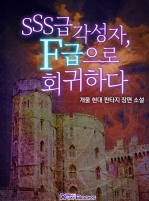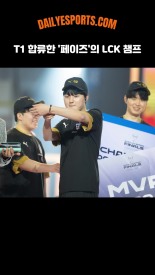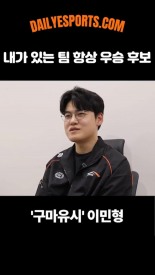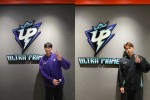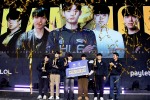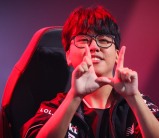![[People] 'The First Imported Korean Coach ' In-chul Lee Comments on SEA and Wild Card](https://cgeimage.commutil.kr/phpwas/restmb_allidxmake.php?pp=002&idx=3&simg=2017103113064715833_20171102141028dgame_1.jpg&nmt=27)
Coach Lee was the e-Sports Instructor for Garena, the Southeast Asian publisher of LoL, teaching players and coaches in Thailand, Philippines, Indonesia, and Malaysia. Lee was also the head coach of Saigon Jokers, which is now disbanded.
Southeast Asia may have been known as pushovers before, but has been taking stealthy steps to reach up to the backs of so-called major regions. With DailyeSports, Coach Lee shared his thoughts on SEA and Wild Card regions, the facts that other regions must be fully aware of from now on.
![[People] 'The First Imported Korean Coach ' In-chul Lee Comments on SEA and Wild Card](https://cgeimage.commutil.kr/phpwas/restmb_allidxmake.php?pp=002&idx=3&simg=2017103113064715833_20171102141028dgame_2.jpg&nmt=27)
Q. It must be awkward to meet the Korean fans after such a long time. Please introduce yourself.
Q.Please tell us about your past career.
I was working in the Wild Card region, especially in Vietnam for three years. I worked as an e-Sports Instructor for Garena, the publisher of LoL in the entire Southeast Asian region. I taught players and coaches in Thailand, Philippines, Indonesia, Singapore, and Malaysia, while also working as the head coach for Saigon Jokers. Saigon Jokers is the predecessor of Young Generation (YG) and Gigabyte Marines. Those currently playing for YG were originally in the youth team of Saigon Jokers, and many players who made their debut in Saigon Jokers have also played for Gigabyte Marines. After that, I was in a LSPL team for a year.
Q You are the first Korean LoL coach to work overseas. What led you to make the decision?
Our team had problems, and I was also confused about my identity. I had a tough time keeping with everything I had at the moment, so I decided to change my job. At first, I wasn’t planning to work abroad, but I got a call from a friend named ‘Davichi’ who’s currently the e-Sports director of Garena.
With his suggestion, I headed to Vietnam, and everything worked out at one go. I liked the company, and they needed me. I decided to take the job because of the tough time in Korea, and also because I thought no other Korean team would employ me.
Q.Why did you specifically choose Vietnam?
Q.Weren’t there any issues regarding communication?
I speak a fair bit of English, so I used English to communicate with the boss. But I needed an interpreter because the players only use Vietnamese. The key to resolving those issues are using easy words, repeating, and trying to establish a good harmony with the interpreter. I was well-supported. Since I had many things to do, there were some occasions when two interpreters had to work for me. In fact, the cultural barrier was tougher than language barrier. It took a long time to understand each other, on issues that I would say ‘that’s not the right way’, and another would respond ‘why’.
Q How was the environment and the level of performance when you first went to Vietnam?
Back then, LoL had not yet settled down in Korea, and it was even later in Vietnam. The gaming house was under construction when I first got there. They would ask me what the gaming house would need, and I would tell them what to add. While the gaming house was being built, I set up systematic schedule for training.
Garena Premier League (GPL) is an alliance of various national leagues, and when I first got there, Vietnamese league was relatively weaker than Singapore and Philippines league. It was the game against Singaporean team, when the players said, ‘we think we’re going to lose’. So, I told them to go all mid, so that they could learn that the team would gain by playing aggressively. The problem with the weak teams in the Wild Card region is that they play too passively until they lose. That’s the biggest problem.
The two or three points I tried to make to the players were that the team would have to play aggressively, and that being a professional gamer isn’t all there is. I tried to emphasize team spirit, and made them try harder and harder by scolding them. I went by the nickname of ‘devil’ back in SEA.
Q What did you focus on the most when teaching players?
Between the technique and mental capacities, I focused on the latter. Without a solid spirit, the techniques would never be realized, and the game would always go wrong if the players do not have the strong will to play game well. Many teams in the Wild Card region tend to change drastically after performing well, by getting used to the sweetness of victory. It’s important to make them experience the spirit of winners.
![[People] 'The First Imported Korean Coach ' In-chul Lee Comments on SEA and Wild Card](https://cgeimage.commutil.kr/phpwas/restmb_allidxmake.php?pp=002&idx=3&simg=2017103113064715833_20171102141028_3.jpg&nmt=27)
Q.Who is your most memorable student?
‘Optimus’ Tran Van Cuong was the most talented. There are lots of good jungles in Vietnam, but it was difficult to find good mid-laner. Considering that, ‘Optimus’ was very talented. The excellent performance of Gigabyte Marines at Worlds 2017 was mainly because of ‘Optimus’. He’s very talented, works hard, and has great ambitions.
Q. How popular is LoL in Vietnam?
Vietnam has the third-largest LoL viewership in the world, and is home to the second-largest number of solo ranks. With large population, quite a lot of Vietnamese play League of Legends. It could be considered as another national sport, along with soccer. It’s a huge market, and the efforts are paying off. I think their time is coming.
Q.Tell us about an interesting episode.
It was when Saigon Jokers won GPL 2016 Summer Split. We qualified for the IWC which was to be held in Turkey, but the Turkish visa was never approved. I asked why, and what I heard was that the flight between Turkey and Vietnam was suspended due to Turkish civil war, and the Turkish diplomatic services and embassy wouldn’t approve our visa. Among the Garena regions, Vietnam was the only country that needed visa to visit Turkey, and so Bangkok Titans went to the tournament instead of us. I sent our players home at night, but I read through the newspaper that the Vietnamese Ministry of Foreign Affairs would issue diplomat visa for us after midnight. But it was too late. It was mentally the toughest time for me. During the three years in the team, I had the best team then, but it was really depressing to having been deprived of the right to play in the IWC even if we won the GPL.
Also, I think Vietnamese players would die for their rice noodle. Since GPL is a system in which the players from various teams in SEA gather and play in one region, Vietnamese players tend to have a tough time with the meals when playing in other countries. And that’s the same for players for other countries if the game is played in Vietnam. It’s strange, because I find them quite nice. But to be honest, I also have a tough time with the very native Vietnamese dishes.
Q. Are there any systems we could benchmark from Vietnam or Southeast Asian region?
Nothing from Vietnam, to be dreadfully honest. But when compared with Chinese or American teams, I can find some things that Korean teams lack in terms of management. Match analysis is a good example. While it’s still in its infancy in Korea, you can get very detailed information in China. Data analysis is going to play a key role soon, and I think Korea may be left behind once that happens. Although Korea still boasts excellent performance with the efforts of talented players and coaches, the country is still lacking in terms of industry. It’s time Koreans look back and observe what needs to be dealt with.
Q.The development of Wild Card regions is worthy of close attention. What do you think is the reason for their rapid development?
Albus Nox Luna (ANX), which amazed everyone at the last Worlds, was a very cheerful team. They seemed as if they never thought about being tired, and always looked happy. That, I think, is the spirit that’s narrowing the gap.
In fact, I believe that the technical capacities of NA, EU, and Wild Card regions are all similar. And the system is becoming too big in NA. Team SoloMid has 7-8 coaches, and if the system is too big, it creates less room for players on what to and what not to do. And in EU, the market is shrinking. The players from Wild Card regions don’t play with too much pressure, because know that they still have lots to improve. When ‘Faker’ passes by, they let out a short shout of excitement, they play cheerfully and enjoy their game. Playing without reluctance and regret, that’s the mindset that’s helping them play well in the game. It’s their mentality that’s contributing to the unexpectedly excellent performance.
![[People] 'The First Imported Korean Coach ' In-chul Lee Comments on SEA and Wild Card](https://cgeimage.commutil.kr/phpwas/restmb_allidxmake.php?pp=002&idx=3&simg=2017103113064715833_20171102141028_4.jpg&nmt=27)
Q. Riot Games invited the wild card teams to play in the play-in stage of Worlds, rather than making them play in IWCI. Would this change help the regions develop?
Players all think (of the new stage as the same) as IWCI (International Wild Card Invitational). By saying that ‘We want to make it to Worlds,’ the foreign teams are referring to the group stage, not the play-in stage. The biggest benefit of the play-in stage is on maintaining the physical condition, rather than the mentality. Teams going through the IWCI had to bear a terrible amount of fatigue. I once had to go to Singapore for GPL after winning the Vietnamese league, and then go to Mexico for IWCI. Under such schedule, you really can’t expect SEA teams to perform well. With the long trips, my team never had the time to get used to the meta. Having a play-in stage allows the teams to have an adequate amount of practice. It helps you clear the burden of having to go on an around-the-world trip.
Q.What kind of support would the Wild Card regions need?
It’s difficult to bring up just one topic, since the regions are so different. From what I see, I think Riot Games wants to integrate many leagues into one big league. They say that GPL should be bigger. But there are geopolitical restrictions that make it difficult to realize such desire. If you see GPL for example, the income disparity among the nations is quite serious, and it’s difficult to set standards for the wages of players or the prize pool. Due to such issues, it’s easier for leagues to be separated like LCS or LCK. I’m sure Riot Games would have a lot on their mind. First of all, I think they should try to come up with the solution to develop the leagues of Wild Card regions in their entirety. They would already be working on it, but much more need to be done. It’s really tough considering the differences between each region.
Q.Would the gap between the Wild Card regions and others narrow down?
It’s always difficult to pioneer than to follow. I expect the gap to be narrowed as the leagues proceed. However, at the same time, I believe the merits of Korean players will still persist.
Q.What are your future plans?
It’s been five years since I’ve been working overseas, so I want to stay in Korea. I’m not sure if I can, though. The experiences I gained may not be of help in getting a job in Korea. There’s always the difference between my personal wishes and the reality (laughs). But I really want to stay in Korea to share the experiences with my old friends, whom I can communicate well with, and come up with new things, just like when LoL was first being introduced to Korea.
Q.Any last comments?
I’m a person who makes efforts backstage. I never stand up on the stage, and there are many who work hard backstage like me. I can’t say that I’m the most talented, and I can’t share my ambitions because my position has not yet been decided. I want the fans to know that there’s a guy like me, and that there are many people working hard backstage, that eSports was created by the efforts of many people. Even in the backstage of ‘funny SEA’, the efforts of Koreans do exist. Above all, I wish to get a job in Korea for the upcoming season.
Translated by ROXCrew.
*This translation was provided through a partnership with the ROXGAMING.

